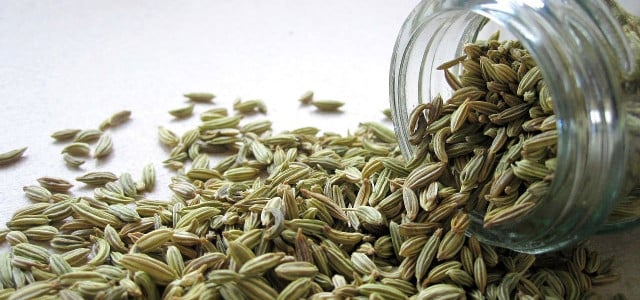
Thanks to its beneficial effects, fennel tea has been a popular home remedy for centuries. It serves to alleviate numerous complaints.
The fennel plant and its seeds contain many healthy ingredients, especially essential oils, minerals and vitamins. These properties make fennel tea an effective natural remedy.
In this article you will find out what effects fennel tea has, how you can prepare and use it yourself and what you should pay attention to.
What effect does fennel tea have?
The essential oils and bitter substances contained in fennel seeds have an antispasmodic, anti-inflammatory, digestive and expectorant effect on the body. According to Netdoktor, fennel tea is often used in the following areas of application:
-
Digestive problems: Fennel tea is particularly effective against stomach cramps and flatulence. It stimulates digestion and movement of the gastrointestinal tract, which relieves cramps.
-
Menstrual cramps: The soothing effect of fennel tea can also help with abdominal pain.
-
Respiratory diseases: Because of its expectorant effect, fennel tea is a popular home remedy for colds and other upper respiratory diseases. It is also recommended for relieving asthma symptoms.
Important: Asthmatics and people with other chronic respiratory diseases may react more sensitively to essential oils and should therefore discuss the use of fennel tea with a medical professional.
The correct preparation of fennel tea
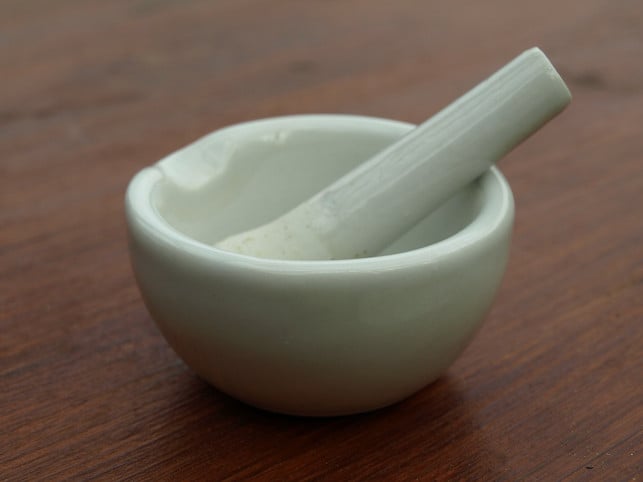
(Photo: CC0 / Pixabay / ariesa66)
Instead of using fennel tea from tea bags, you can easily prepare it yourself – and thus benefit from the full effects of fennel. All you need is hot water, fresh or dried fennel seeds and a mortar (for example online at Memolife) to crush the seeds.
The preparation:
- Crush one to two teaspoons of fennel seeds with a mortar or other suitable object.
- Pour 250 milliliters of boiled water over the crushed seeds.
- Let the tea steep for about six to eight minutes.
- Strain the tea through a sieve and sweeten it a little if necessary – ideally with fennel honey.
Tip: If necessary, you can also add some anise and caraway to make a delicious fennel-anise-caraway tea.
Important: Almost all conventional teas contain residues of pesticides and other plant protection products. Unfortunately, organic teas are often not exempt from this, as Öko-Test found for herbal tea, even if the contamination is significantly lower. You should definitely use organically produced tea. It’s best to buy fair trade tea. This is where the pesticide contamination is lowest and you also support the improvement of working conditions in the countries of origin.
Recommended brands for fennel tea and seeds include Gepa, Lebensbaum and Sonnentor. You can use the fennel seeds not only for your tea, but also for cooking.
Leaderboard: The best organic tea
-
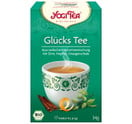 1st placeYogi Tea Tea
1st placeYogi Tea Tea
5.0
41
DetailRewe**
 2nd placeSonnentor tea
2nd placeSonnentor tea
4.9
36
DetailSonnentor**
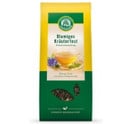 3rd placeTree of life tea
3rd placeTree of life tea
4.8
29
DetailFair Shopping**
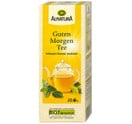 4th placeAlnatura tea
4th placeAlnatura tea
4.6
42
DetailAmazon**
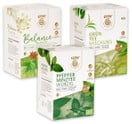 5th placeGepa tea
5th placeGepa tea
4.7
22
DetailPackage**
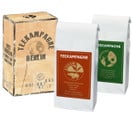 6th placeTea Campaign Tea
6th placeTea Campaign Tea
4.9
10
detail
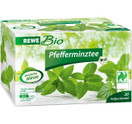 7th placeRewe organic tea
7th placeRewe organic tea
4.3
15
DetailRewe**
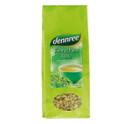 8th placeDennree tea
8th placeDennree tea
4.5
6
DetailAmazon**
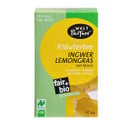 9th placeWorldPartner organic tea
9th placeWorldPartner organic tea
4.6
5
detail
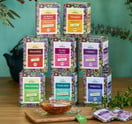 10th placeHerbaria tea
10th placeHerbaria tea
5.0
3
DetailShop Pharmacy**
Is too much fennel tea unhealthy?
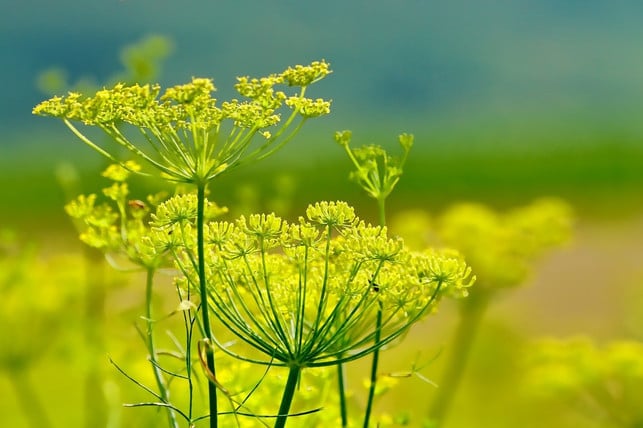
Fennel tea has a powerful effect – only enjoy it in moderation.
(Photo: CC0 / Pixabay / Schwoaze)As with many herbal teas with medicinal properties, the following applies to fennel tea: less is more. You should not exceed the usual daily dose of two to three cups (approx. 750 milliliters). This is particularly true for babies and small children, who, according to pediatrician recommendations, should only be given fennel tea from the age of four, and then only in small doses. According to Netdoktor, doctors generally advise pregnant people not to drink fennel tea. In individual cases, allergic reactions on the skin or in the gastrointestinal tract are possible.
- The essential oils in fennel tea, estragole and methyl eugenol, which are also found in other spices such as basil, are very healthy. However, they are also suspected of being potentially harmful to the liver and even genetically modified if consumed in excess.
- In addition, there has been debate for many years about whether herbal teas in general may be carcinogenic if consumed in excess because they contain pyrrolizidine alkaloids (PA). High PA intake has led to liver and genetic damage in animal experiments. That is why there has been a set upper limit for the PA content in teas, herbs and dietary supplements in the EU since 2022.
- The Federal Institute for Risk Assessment considers the PA levels in commercially available herbal teas to be generally too high and advises not to consume them every day, but rather to pay attention to variety and diversity when choosing foods.
Of course, all of this doesn’t mean that you shouldn’t drink fennel tea or other herbal teas because of their strong effects. Just be careful not to consume excessive amounts of it over a long period of time. It is also important that the teas are of organic quality and are produced fairly.
Read more on Techzle\.com:
- Eco-test: Baby teas contaminated with pesticides and toxic plant substances
- Nettle tea: easy to prepare, great effect
- Best list: organic coffee & fair trade coffee
Edited by Paula Boslau
** marked with ** or orange underlined Links to sources of supply are partly partner links: If you buy here, you are actively supporting Techzle\.com, because we then receive a small part of the sales proceeds. More info.
Recent Articles
Related Stories